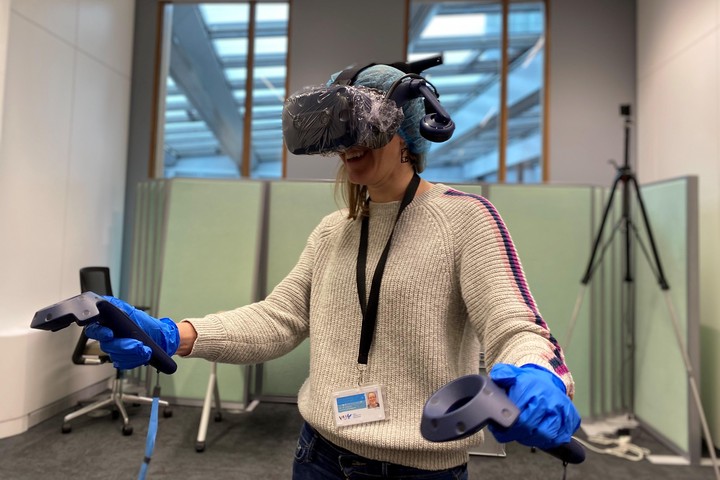After the virtual flood

After the virtual flood: risk perceptions and flood preparedness after virtual reality risk communication
With Wouter Botzen and Julia Blasch.
Abstract: Many individuals experience problems understanding and preparing for lowprobability/high-impact risk, like natural disasters and pandemics – unless they experience these events, yet then it is often too late to avoid damages. Individuals with recent disaster risk experience are, on average, better prepared. This seems to be mediated through emotions and a better understanding of the consequences. In this study, we use immersive virtual reality (VR) technology to examine whether a simulated disaster can stimulate people to invest in risk reducing measures in the context of flooding, which is one of the deadliest and most damaging natural disasters in the world. We investigate the possibility to boost risk perception, coping appraisal, negative emotions and damage-reducing behavior through a simulated flooding experience. We find that participants who experienced the virtual flood invest significantly more in the flood risk investment game than those in the control group. The investments in the VR treatment seem to decrease after four weeks but not significantly so.
[accepted at Judgment and Decision Making]
